king for a day
For one day — May 1, 1945 — Joseph Goebbels was the leader of Nazi Germany.
He was the Chancellor of the Third Reich, the totalitarian aggressor nation which had destroyed Europe and murdered millions.
For that single day, Goebbels ruled supreme from the Reich Chancellery — the seat of Nazi power — as Soviet forces pressed into Berlin from three directions.
That day would be the last of the Nazi fight for European domination.
It’s like a tale from Shakespeare.
By that time, Goebbels had served Hitler for almost twenty years.
He had a talent for languages and deep learning in communication.
These skills had propelled him to the innermost circle of Nazi power.
His speeches were mesmerizing.
To see him was to watch a master manipulator in action.
Goebbels played on working class fears of uncertainty and instability.
He promoted a form of national unity based on race.
He advocated collective action against perceived enemies.
And he sought unquestioning loyalty from the German people.
Goebbels called for the ‘cleansing of the German spirit.’
And his message worked.
Millions of Germans became active and passive supporters of Jewish persecution, believing harsh government action was necessary to defend German culture and ‘restore order.’
Truth was not a part of the message.
“The task is not to make an objective study of the truth, in so far as it favors the enemy, and then set it before the masses with academic fairness; its task is to serve our own right, always and unflinchingly.” — Hitler, 1924
The monstrous power which Goebbels’s promises had created would destroy Germany — the very nation which he had served and now led.
Did he see the irony in what he had done?
As Goebbels sat in the Reich Chancellery on May 1, Hitler, his wife and dogs lay dead nearby.
Soviet forces were taking Berlin street by street, capturing the old men and young boys who, true to the last, continued to defend it.
Two weeks before, Goebbels had tried to convince Hitler that FDR’s death on April 12 was an act of divine providence marking a potential turning point in the war.
Did Goebbels really believe this?
Unconvinced, with Russian forces approaching, Hitler had written his last will and testament on April 29th, naming Goebbels as his successor.
In his sole official act as Chancellor, Goebbels sent a letter to Soviet Commander Vasily Chuikov, the hero of Stalingrad, at Chuikov’s temporary headquarters at Tempelhof Airport, in central Berlin.
The letter was hand delivered by Hans Krebs, the German Army Chief of Staff.
It informed Chuikov of Hitler’s suicide and requested a ceasefire on favorable terms; but Chuikov rejected the request since the Soviets and the other Allies had agreed not to accept anything other than an unconditional German surrender.
Since Goebbels had not given Krebs any authority to negotiate, the meeting with Chuikov ended without an agreement.
Fighting would continue in the streets of Berlin throughout May 1 as the Soviets pressed their advance into the heart of the city.
That evening, Goebbels and his wife administered morphine injections to their six children, then crushed cyanide capsules in their mouths.
Goebbels and his wife then went into the Chancellery garden and shot themselves.
His one day as king was over.
And so was Nazi Germany.
It’s unconditional surrender would come the next day, May 2, 1945.
Sic semper tyrannis.
[thus, always to tyrants]
******************************
I’ll see you tomorrow.
— Brenda






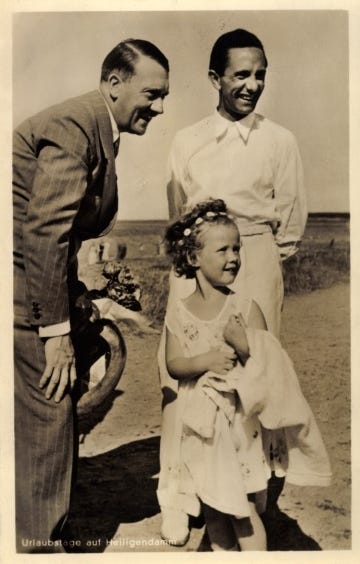
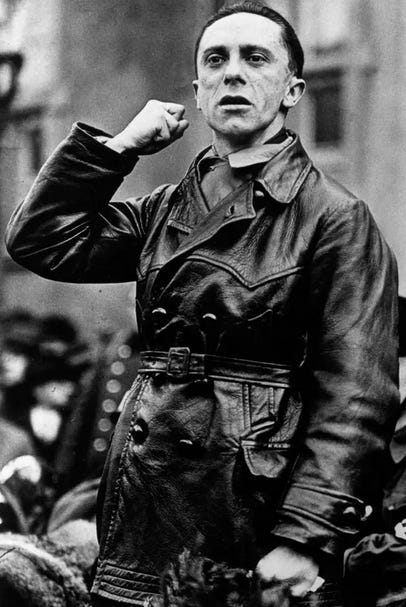
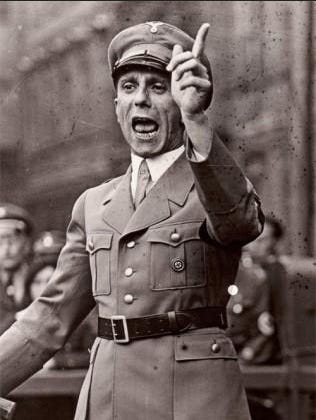
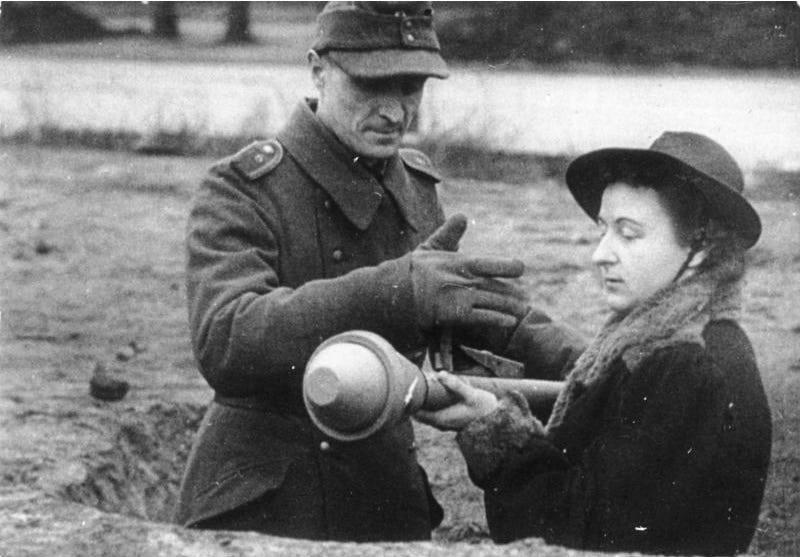
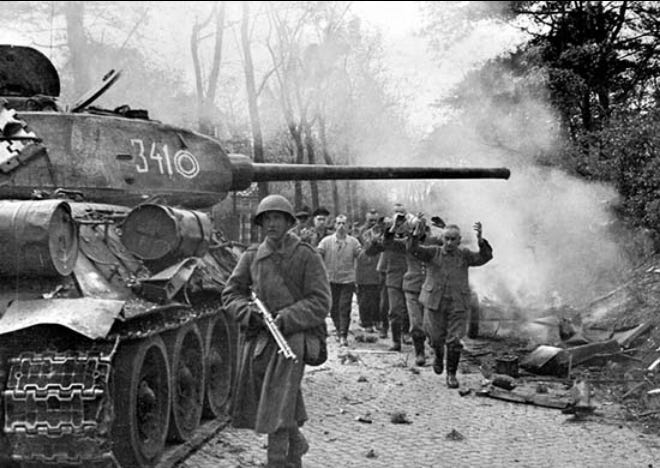
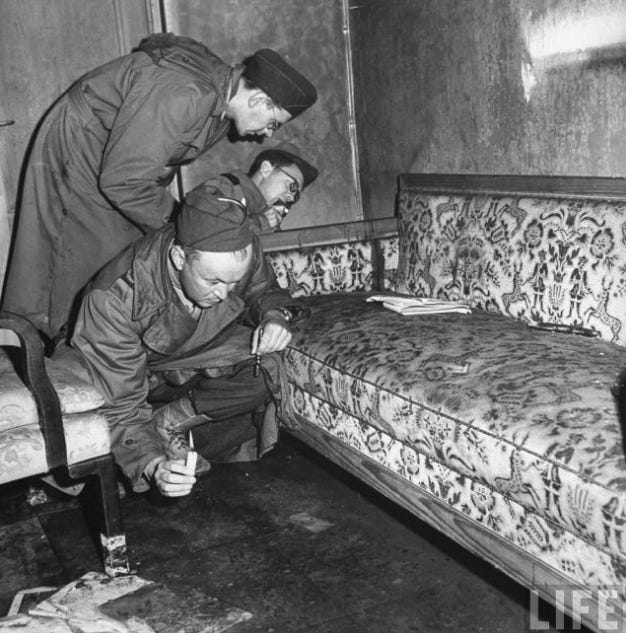
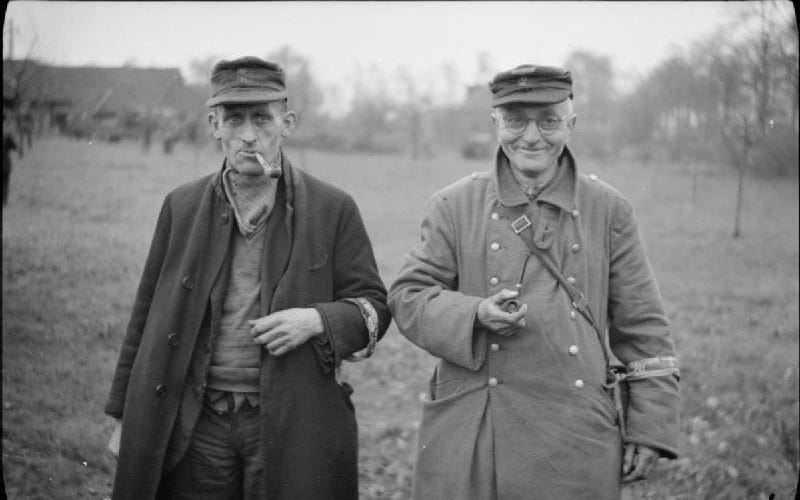

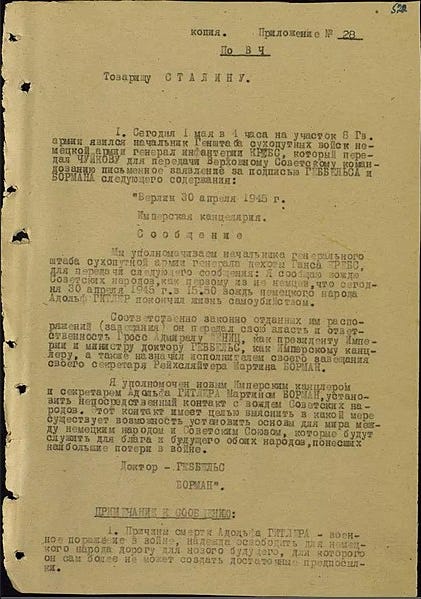
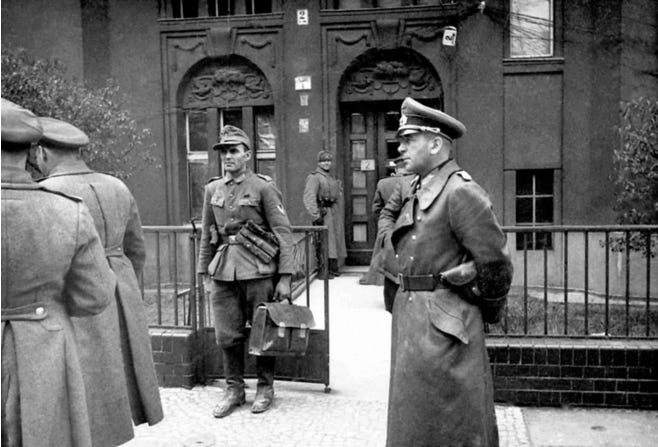
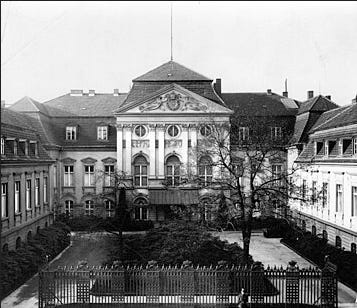
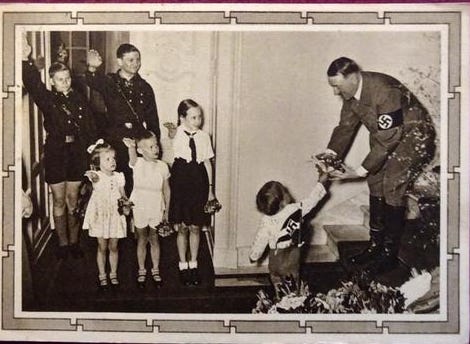









Share this post